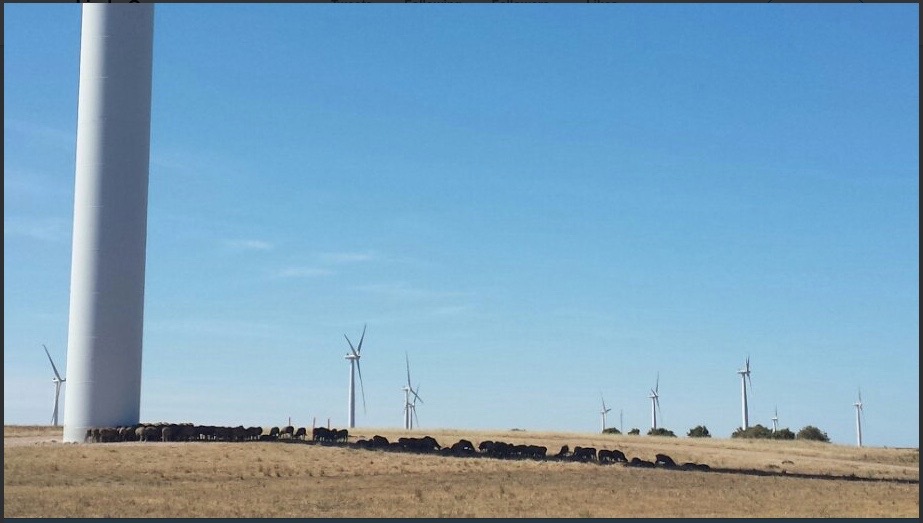|
It would be very difficult for the many people who are struggling to survive to put compassion for others above their own immediate needs. But for people like me, who have all that we need, and even more for those who have far more than they need, I believe there is an obligation to show compassion.
How could one feel that one's life is meaningful if it is self-centred?
Professor Harry Messell once said "I aimed to make the Earth a better place – and failed miserably". I'd be pretty sure that what he meant by that is that in spite of his best efforts the world did not become a better place. But the important thing is that he showed compassion in trying to make it a better place. And I'd be pretty sure too that the world was a better place for his having lived than it would be had he not lived.
|
|
|
- They are causing anxiety by irresponsibly spreading the unfounded rumour that wind turbines cause illness;
- They choose to ignore the huge and very real damage that is being caused by the burning of fossil fuels, coal in particular;
- They are harming all future generations of humanity, and life on earth generally, by slowing desperately needed action on climate change.
For compassion to be fully and properly applied it must come with being well informed.
"The road to Hell is paved with good intentions."
Climate change and (lack of) compassion
The burning of fossil fuels is widely recognised as the main cause of climate change, ocean acidification, ocean warming and sea level rise. The air pollution from the burning of fossil fuels kills millions of people world-wide each year.The world's very slow response to these disasters shows that at least those who are in control (if anyone is truly in control) is lacking in compassion for those who will come after us.
Australia is one of the biggest coal exporting nations, second only to Indonesia. Some of the wealthiest people in Australia have made their money through mining and exporting coal. Those same people have done all they can to keep the coal industry going by supporting misinformation, disinformation, doubt and ignorance. Those in charge of the other fossil fuel industries are no better. All they seem to care about is profits. They, and their supporters, certainly lack compassion where it counts.
|
|
The Australian Government and compassion
The Morrison Government was lacking compassion in its continual and unjustified support of the fossil fuel industries that are causing so much damage to the world.
The Albanese Labor government that came after the Morrison government, while being far better than its predecessor, is still unconscionably looking after the interests of the Australian fossil fuel industries.
A limit on compassion
As mentioned above, there are those of our fellow human beings who do not deserve compassion. Humans can make choices, to be deserving of compassion or not.I would particularly place in the undeserving group those who are knowingly damaging our shared planet by their actions. I've argued on another page that some of these should be classed as the greatest criminals ever in terms of the amount of harm that are doing to life on Earth and to those human generations who will come after us.
How could one be compassionate to these people? I have asked the question on another page, why would you live a life that makes you deserving of the contempt and despite of all decent people?
